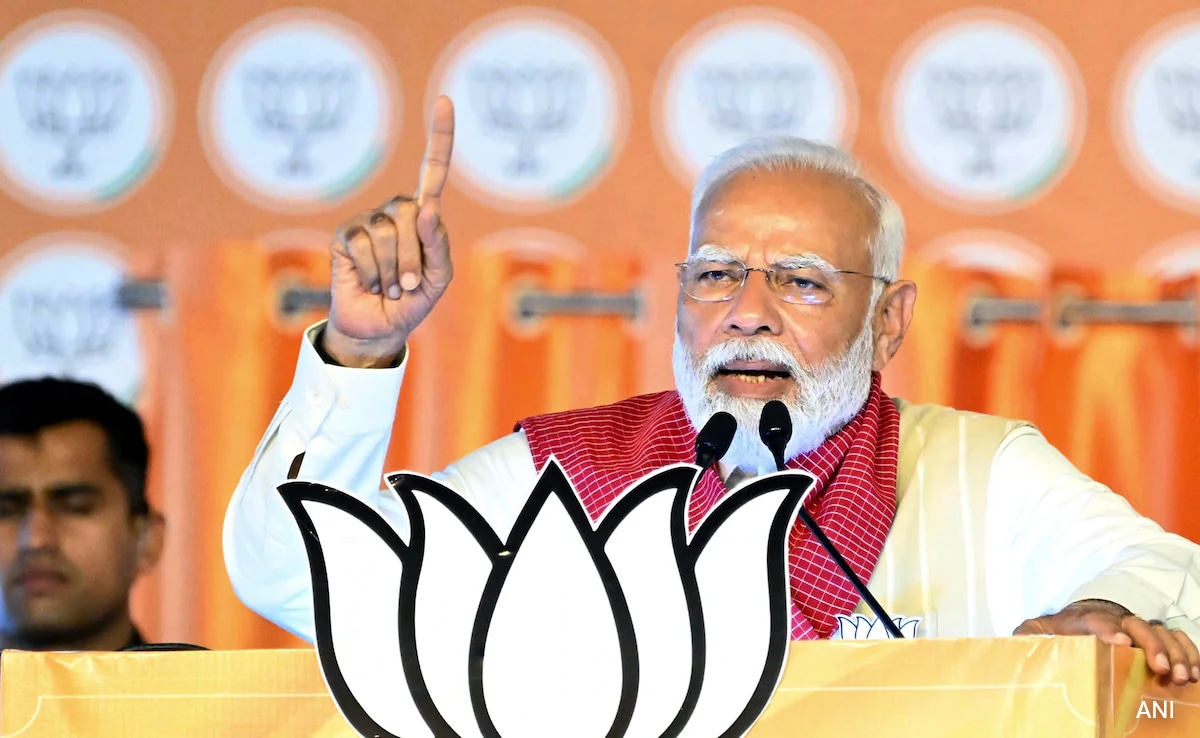Gambian lawmakers voted on Monday to advance to the next stage a controversial bill aimed at lifting a ban on female genital mutilation that has been in place since 2015.
The issue has divided the small West African nation for months, with hundreds gathering in protest outside parliament.
Activists supporting FGM outnumber those calling for the ban to remain in place, an AFP reporter reported.
Almame Jiba, the lawmaker who sponsored the bill, said during the debate: “The bill aims to preserve religious loyalty and uphold cultural norms and values.”
“Banning female genital mutilation is a direct violation of citizens’ rights to practice their culture and religion,” he added.
But activists and human rights groups say the proposed legislation reverses years of progress and risks damaging the country’s human rights record.
“There is an inherent risk that this is just a first step and it could lead to the rollback of other rights such as child marriage laws… not just in The Gambia but across the region,” said Divya Srinivasan , women’s rights NGO Equality Now told AFP.
MPs voted 42-4 to send the bill to a parliamentary committee for at least three months of further scrutiny before returning for a third reading.
“It’s the most frustrating thing to hear it’s mainly men speaking on behalf of women, talking about what should happen to women’s bodies,” said Jaha Dukureh, an anti-FGM activist at the Steps.
“As a woman who has experienced this, it’s one of the most heartbreaking things,” she told AFP after the debate.
‘Irreversible damage’
According to a 2021 UNICEF report, 76% of Gambian women between the ages of 15 and 49 have undergone female genital mutilation.
UNICEF defines the practice as “the partial or total removal of the female external genitalia or other damage to the female reproductive organs for non-medical reasons.”
It can cause serious health problems, including infection, bleeding, infertility and birth complications, and impair sexual pleasure.
“Girls’ bodies are their own. Female genital mutilation deprives them of autonomy over their own bodies and causes irreversible damage,” the United Nations Office in the Gambia posted on X (formerly Twitter) ahead of the debate.
The United Nations human rights office called for the bill to be withdrawn, while Amnesty International said it would set a “dangerous precedent” for women’s rights.
Gambia’s former dictator Yahya Jammeh banned female genital mutilation in the majority-Muslim country in 2015, saying it was outdated and not required by Islam.
Parliament later passed Gambia’s first law specifically banning the practice, which is now punishable by up to three years in prison.
But only two cases have been prosecuted since 2015, with the first resulting in a conviction in August 2023, according to Amnesty International.
The issue exploded last year when three women were fined or jailed for performing female genital mutilation.
The Islamic Council, the country’s main Muslim organization, said the practice was “not just an inherited custom” but “one of the virtues of Islam”.
It called on the government to reconsider the ban.
Follow us on Google news ,Twitter , and Join Whatsapp Group of thelocalreport.in

















